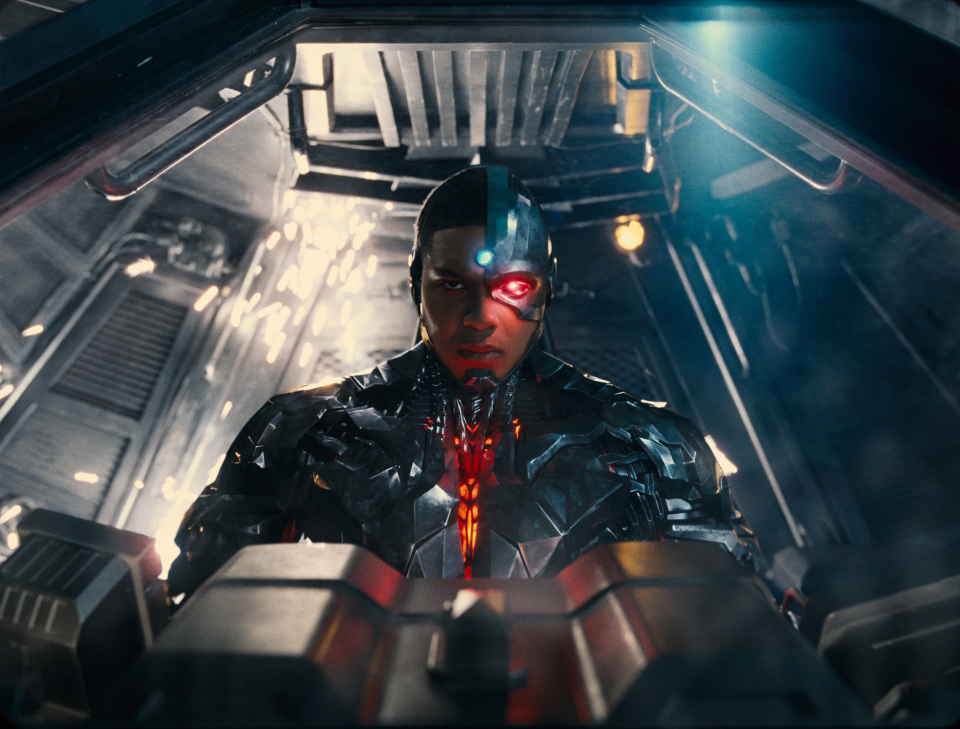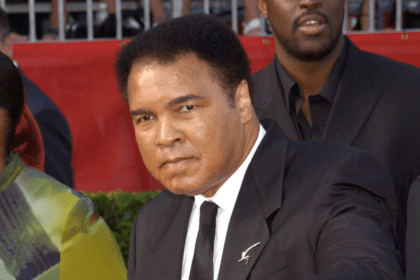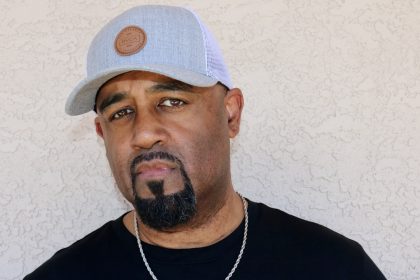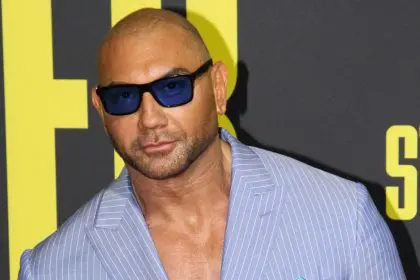
If you are a huge fan of DC Comics, you are probably moving slowly today after seeing Justice League, the movie about the union of six superheroes, at a midnight screening last night. Rolling out had an exclusive interview with the man who plays one of those heroes, Ray Fisher, who stars as Cyborg, on the eve of the film’s release. Here is what the young, gifted and Black actor and singer had to say about filming Justice League, his reaction to seeing the film, similarities to playing Cyborg and real-life hero Muhammad Ali, how his personal life helped him relate to interactions between Cyborg and his father in the film, and his favorite comic book characters growing up.
What was it like filming Justice League in a general sense?
It felt like a dream come true. It was surreal at points, and obviously we had some complications with Zach Snyder, our director, our fearless leader, having to step down but all-in-all I felt this strange sense of fulfillment that I was able to have my childhood dream match my adult aspirations and that the things I loved as a kid and the things I loved as an adult sort of just meshed. There’s a lot of emotions that go into it all and there are a lot of really happy memories that I will carry with me for a very long time.
Who were some of your favorite superheroes growing up?
Batman and Blade were probably about neck-and-neck for me. If it was anything involving those two characters, I was there, man. I was a huge fan of the Justice League growing up. I watched all of the cartoons, all of the animated series, all of the movies, superhero related, since my personal beginning.
I ended up getting into the comics much later in life, once learning about Cyborg, and that sort of thing. Couldn’t really afford comics growing up, Mommy never got them for us.
It’s nice to go back and look at the original version of Cyborg in the 1980s when he was created, and seeing how politically and socially charged they were, it was no holds barred. If DC ever made a return to that social awareness and that sort of context, I’d be super-thrilled to see that.
Hopefully, we see that in 2020 (when a Cyborg solo film is slated.)
From your lips, we are going to keep knocking on that wood.
There is wonderful interaction in the film between you and Joe Morton, who plays Cyborg’s father in the film. What was the motivation behind that interaction?
Cyborg and his father have always had a very strained relationship and it got even worse when his father took it upon himself to turn him into something. For me, what it represented was a different origin story for a superhero.
Cyborg was the first superhero that I’ve ever seen whose parent was around but just was not there for him emotionally, mentally.
I related to that in a big way because growing up it was my Mother and Grandmother that raised me and my brother of sisters. I’m the second youngest of five, my Father was never in the picture. I was able to relate to him in that way. It’s a different circumstance but I feel like the heart of the matter is still the same. That was something I was able to draw off of with respect to this particular character.
Have you seen the movie yet?
I’ve seen it twice. I think there is something there for everybody. Hopefully, fans will respond positively to it.
My goal with respect to the film was to try to tell a story about a person who just happens to have super powers, a real person going through these particular circumstances. I don’t like watching myself on film. I don’t like the way I look. I don’t like the way I sound. I’m used to theater where there is no record of what you have done you do it that night and it goes away. It’s still very strange to me. It’s very interesting.
You have played a real-life hero in Muhammad Ali. How would you compare and contrast the similarities and differences in playing these roles?
One of the biggest similarities between the two is that they both underwent extreme transformations over the course of their life and some would argue transformations for the better over the course of their life.
The differences are pretty blatant. Victor Stone, being a gentleman with an IQ of 170, Muhammad Ali, being as quick-witted as he was, with the more limited education that he had as far as our schooling systems are concerned, would be a big difference between the two. But I think their resilience is probably the thing that bonds them most.
Their ability to take the circumstances of their life and change their life into what they ultimately wanted it to be. One of the bigger differences, now that I think about it a little more intensively, is that Victor Stone, a lot of his journey is reactive to the circumstances that have befallen him. Ali was very much proactive to the world around him and he was able to shape the world in a really important way, whereas Victor Stone is trying to find his place in that world. That’s a big philosophical difference between the two.




